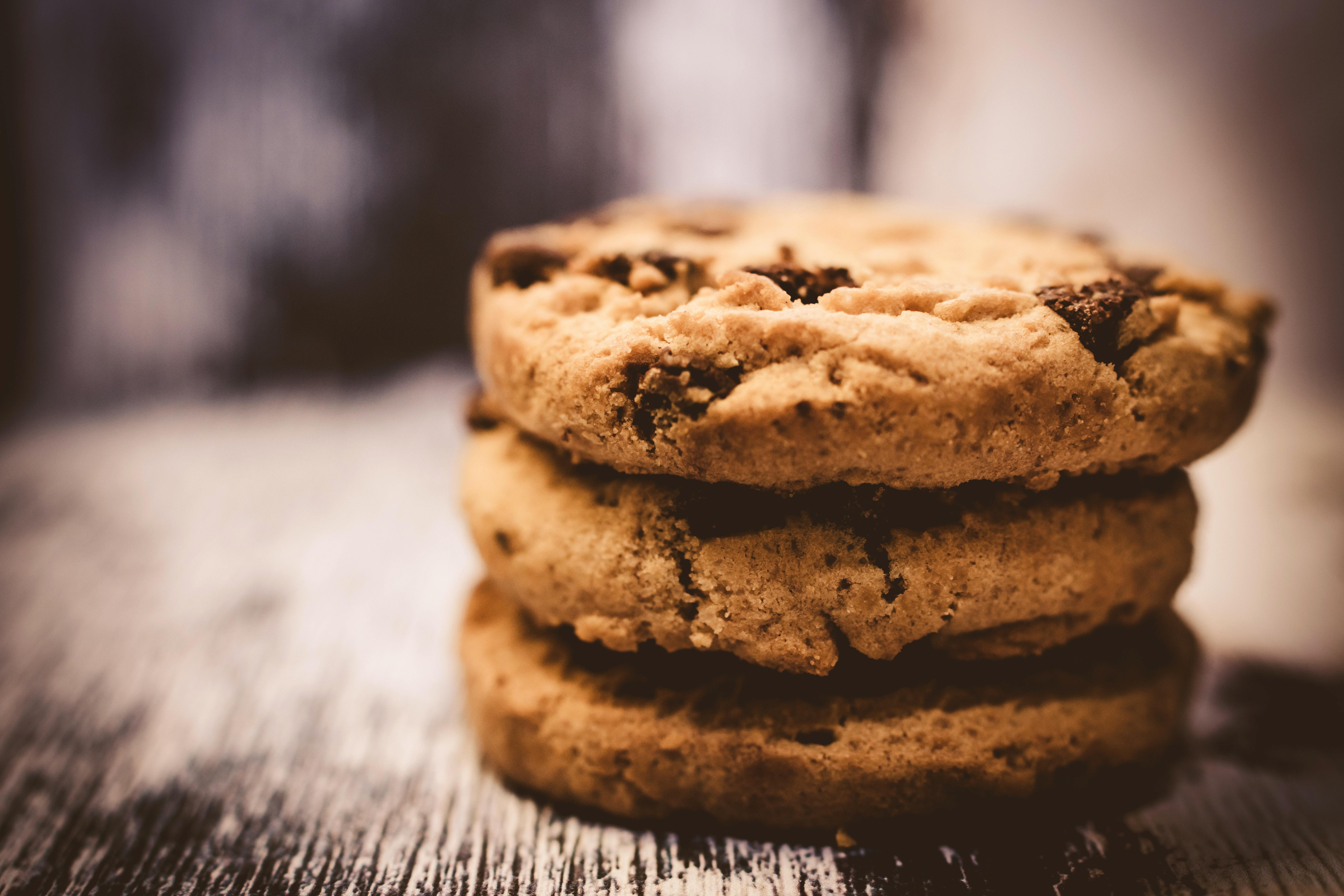 What are cookies?
What are cookies?
Well, aside from them being one of the world's greatest snacks, they are also a snack for advertisement agencies, data collectors, and even hackers! To start from the top, cookies were originally developed in 1994 by Lou Montulli for Netscape Communications. They were a solution to making e-commerce shopping carts; Essentially, they allow us all to go onto Amazon, Wal-Mart, etc. and buy products online.
Until 1996, when cookies were revealed, they were unknown to the public eye. Netscape came under scrutiny by the public and media alike, so the Internet Engineering Task Force was enlisted to find the flaws and identify the limitations of cookies.
What is the recipe of a cookie?
A cookie is a unique ID filled with bits of data associated to a particular user. They are what allow a website to save your password or credit card number. This is where things get dicey; the security risk of cookies are more than can be numbered.
Aside from the fact that millions of cookies are used per user to track searching trends, product purchases, and ad views, they are also used to steal private information.
A bad batch of cookies?
One type of malicious cookie is known as "Cookie Fraud". This is when a malicious website imitates a legitimate website, page, or form. Whatever information you think you are sending to the website is actually going to a private server to be decoded, used, and sold.
Now to the gooey center of the cookie...
Cookies are plain text files, so they are not an executable that can be used on your computer as a virus, unfortunately your anti-virus and firewall can do nothing to protect against them. However, there are two primary ways of preventing cookie fraud: Keep your browser up to date and avoid potentially malicious websites.
If your browser or search engine warns you that a certain website is potentially dangerous, don't continue to that website. The theft of your data isn't worth it and usually dangerous websites have other nasties that they try to dump onto your computer.
Don't burn the cookies!
Not all cookies are bad, we use them every day to remember previous search entries, articles we've read, even web mail such as Gmail and Yahoo Mail use cookies. So don't avoid all cookies, they are indeed useful.
The cookies without chocolate chips...
Imagine you bake ten chocolate chip cookies, one of them has no chocolate chips. Think of this as a malicious cookie, this cookie gets its chocolate chips by stealing from nearby cookies. By the time you bite into this malicious cookie, it has chocolate chips and tastes just like all the other cookies!
To prevent this from happening, pay attention to your browser's security settings. Change the privacy and cookie settings as strict as possible without hindering your experience on the internet.
The cookie thief.
So what about someone sneaking in and stealing a cookie when you're not looking? This is a major issue that is unfortunately out of the hands of the user. Cookie theft is prevented by the website's security, as there is not much a user can do to prevent theft, our options are limited.
A simple way to ensure your cookies aren't stolen, is to look at the URL of a website and check for "HTTPS", this means that the website has an extra layer of security to protect your privacy.
If you've made it this far, then you've probably developed an appetite for some cookies! Just remember, not all cookies are bad, keep your browser updated, and avoid those nasty websites trying to steal your data.
